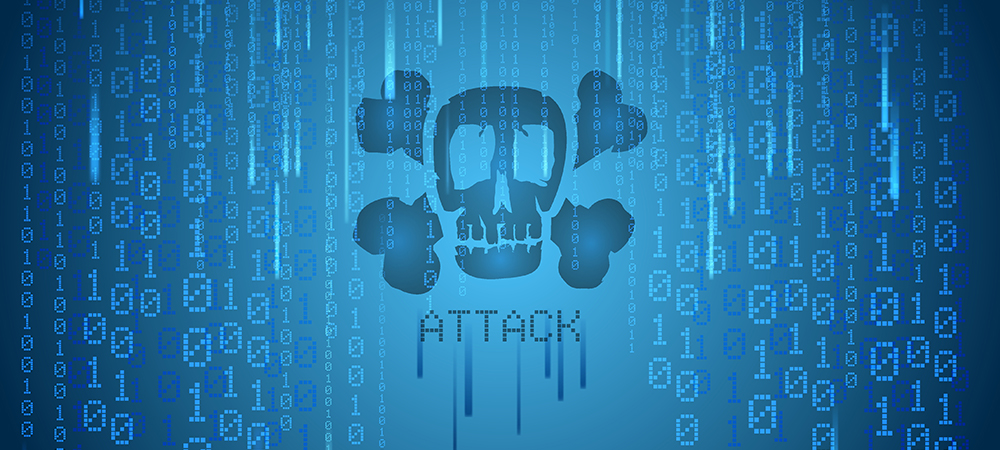The risk of cyberattacks is increasing in Australia due to the Russia-Ukraine crisis – according to Kurt Hansen, CEO, Tesserent.
He is backing the call from the Australian Prime Minister for the country’s businesses to be on their guard to the heightened risk of cyberattacks.
Hansen also warns that attacks may not come from just Russia, as all criminals will be seeking to exploit the chaos, including state sponsored attackers from other parts of the world.
Russia’s cyberattacks on Ukraine may worsen a darkening cybersecurity environment that is already inflicting heavy losses on insurers willing to cover it.
“The war between Russia and Ukraine is causing a lot of confusion,” said Hansen.
“Cybercriminals will try to exploit this stress when carrying out attacks. Everyone needs to be reminded to be on their guard and to check links they are clicking online and not forget to take the necessary precautions.
“There is increasing concern that Australia’s sanctions against Russia might provoke state-based attackers seeking to cause collateral damage in critical infrastructure – hospitals, electricity, gas, water, tolls and so forth.
“All of Australia’s critical infrastructure is connected to the Internet, so there is a large attack surface. It is also critical to be aware that cybercriminals from other locations may also attempt to exploit the chaos.”
Hansen says businesses can protect themselves from the worst impacts by ensuring they maintain good cyberhygiene, such as the ASD Essential 8, and by being prepared should an attacker breach their defenses. That means having a documented plan and a team that has practiced the plan and is ready to respond.
“Preparation means being ready to react,” he said. “Businesses shouldn’t underestimate how long it can take to recover from an attack. It’s not days or weeks. Often for businesses it’s months to years. The impacts are far reaching and costly.
“Make sure your software and systems are updated with the latest security fixes, that you’ve secured user accounts with two-factor authentication, and that appropriate security is in place to make life as hard as possible for attackers.
“Businesses should also ensure their backups and secondary data storage systems are safe and effectively air-gapped. Many criminals target backups first, in order to make recovery as difficult as possible.”



